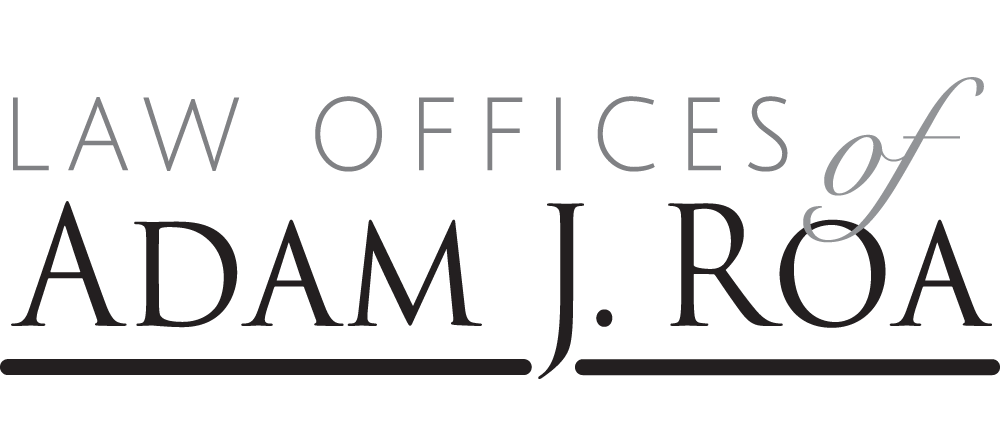
Adult Guardianship
When someone you care for is in good health, you may not be thinking about her possible need for a conservatorship, or adult guardianship. But if you’re considering this step, you’re not alone. The unfortunate truth is that many older adults have long periods toward the end of life when they’re not able to make decisions for themselves—due to Alzheimer’s or other forms of dementia, a stroke, an accident, Huntington’s disease, Parkinson’s, or some other serious medical condition. If the person has an advance health care directive, the decision-making about her medical care, if she becomes incapacitated, may already be provided for. If she has a durable power of attorney for finances, there will be someone to take care of money matters.
But what if she has only one of these documents? Or neither? Or there are important decisions not covered in those documents? That’s where an adult guardianship might come in. It’s not simple to arrange, usually requires a lawyer, and needs a judge’s approval. But it might help solve the huge problem of who makes major decisions that involve her when she can’t do so herself and there aren’t enough other written directions.
What is an adult guardianship?
If someone can’t make important decisions for herself, a judge appoints someone—called the “guardian”—to make those decisions for her. Decisions made by the guardian have the legal backing of the court. The guardian might be appointed to decide about her finances, medical and personal care, or both.
Someone appointed to make decisions about her medical care and other aspects of her personal life—for example, where she should live—is called a “guardian of the person.” Someone appointed to decide about finances is called a “guardian of the property.” If she needs both, a court may appoint the same person to do both jobs. When the petition for guardianship is filed, the court normally appoints an attorney to represent the disabled (to the extent he/she does not have one). This person, by law, must act as an advocate for the disabled and is not merely a dispassionate neutral party. At this point, there normally is a deadline by all “interested persons” (i.e. normally immediate family members) to file a response to the initial petition voicing any opposition. The opposition may be about many things and is not necessarily just regarding who is to be appointed. If there is any opposition regarding whether a guardian should be appointed, who should be appointed as guardian, or there is an issue regarding the duty or rights of a guardian, the matter turns into a contested guardianship. If there is no opposition, the matter is an uncontested guardianship.
Contested Guardianship
Typically, a contested guardianship centers around at least two individuals fighting over who should be appointed. In a contested guardianship each person who contests to be appointed is by law, ranked for preference of appointment according to certain legal standards. If two or more individuals have the same ranking, then the court will choose the best between the two. If there is a higher ranking petitioner, then the court shows preference to the higher ranking individual unless the lower ranking person can show just cause to over look his/her priority. For example, if a brother and sister both wanted to serve as guardian for disabled mom, then (without any other factors) each enjoys the same ranking and the court will pick between the both of them as to who shall serve. However, in this example, if the brother was appointed as durable general power of attorney by disabled mom at a time when she was not disabled, then the brother has a higher ranking to be appointed that his sister by virtue of the durable general power of attorney. However, if neither person is fit or preferable (in the eyes of the court), then the court may pick a third party to serve. This is an over simplified example but it gives a taste of the complexities of adult guardianship.
Appointment of Guardian
If after the petition for guardianship is filed, the court appoints an attorney for the disabled, and no one contests the appointment of the guardian, then at the appointed time, the court, will appoint the requested person (or persons). The person appointed as guardian will need to attend guardianship training (as mandated by the court).
After the appointment of a guardian, the court appointed guardian then files an inventory (if guardian of the property is appointed) with the court. Thereafter, on the anniversary of the appointment, an accounting of the guardian’s assets is required. If a guardian of the person is appointed, a yearly report is also due.
There are a whole host of issues that can be decided by the guardian without court intervention and a great number of decisions that must be approved by the court before action is taken. There are also circumstances when court authorization is not required but would certainly be warranted. We routinely provide advise to our guardianship clients regarding the guardianship rules and processes.
